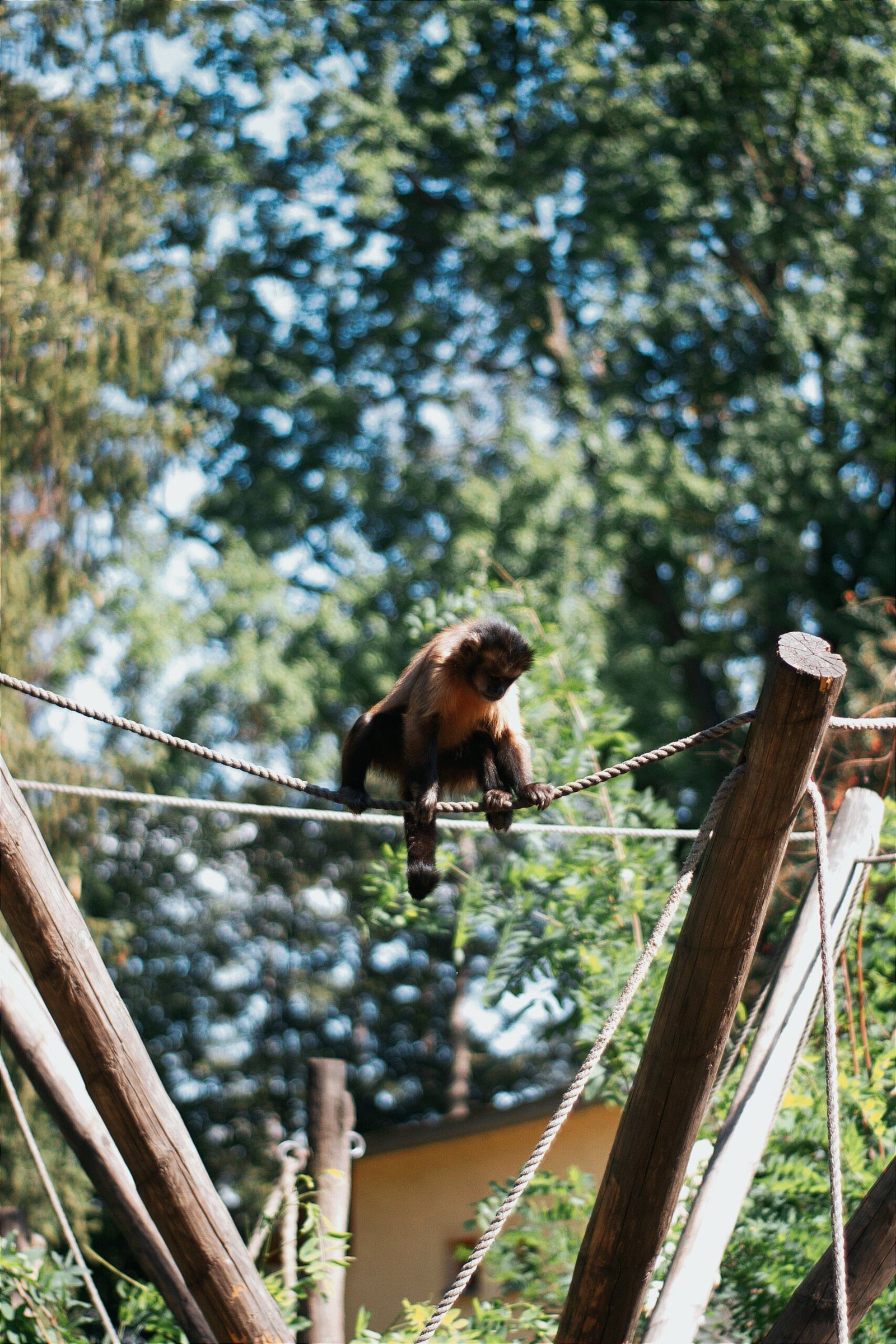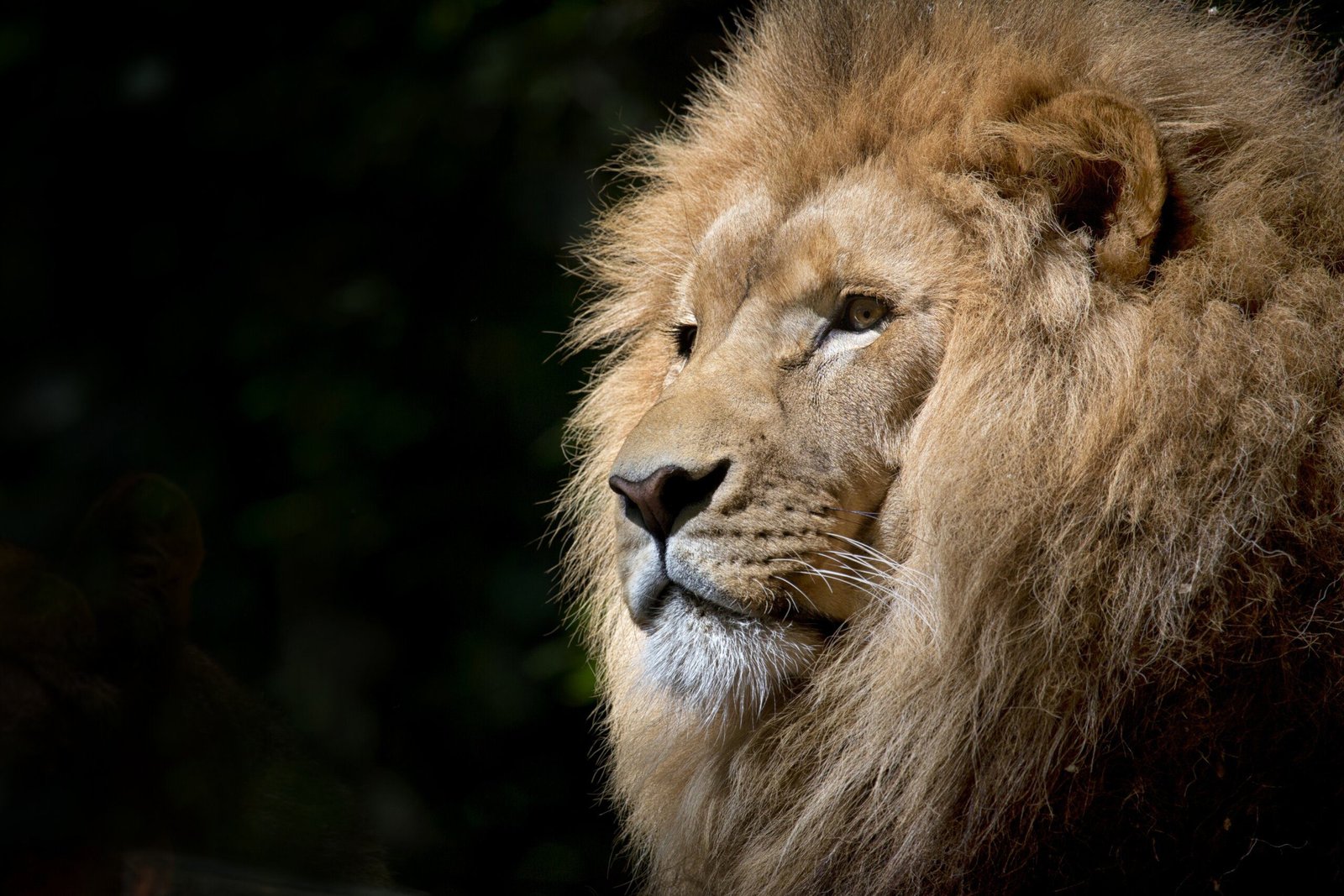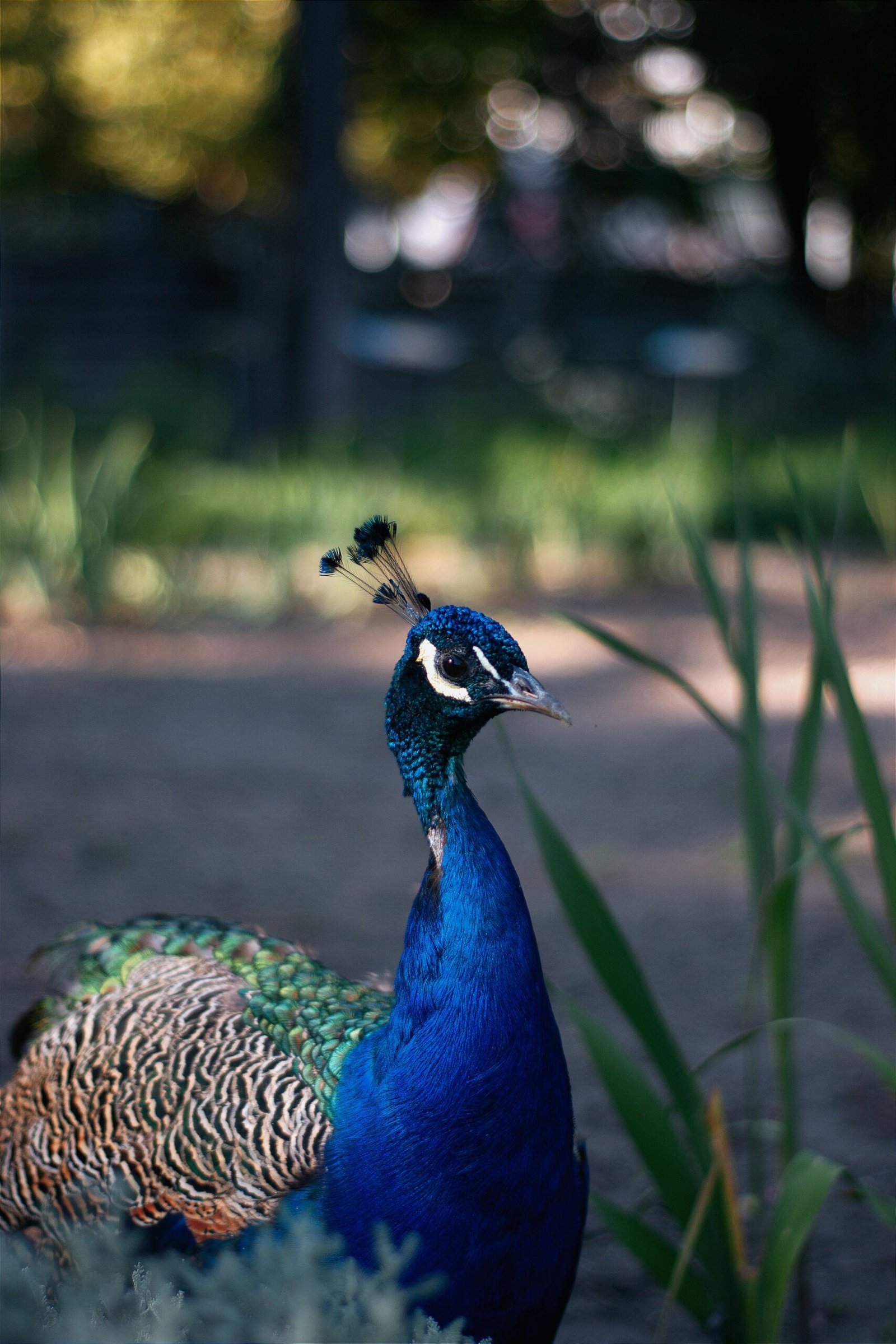Table of Contents
Step into the captivating world of the Bergen County Zoo and uncover the enchantment of the unique capybara. Nestled in the heart of Bergen County, this extraordinary zoo offers visitors a refreshing escape from the ordinary. As you stroll through the lush green pathways, you’ll find yourself mesmerized by the charm and curiosity of the capybara, a captivating creature unlike any other. Get ready to embark on an unforgettable adventure as you discover the fascinating world of the capybara at Bergen County Zoo.

About Bergen County Zoo
Location
Bergen County Zoo is located in Paramus, New Jersey, just a short drive from the bustling streets of New York City. Situated in the serene Van Saun County Park, the zoo offers visitors a tranquil escape from the urban landscape.
History
The Bergen County Zoo has a rich history that dates back to its founding in 1960. Originally a small children’s zoo, it has since grown into a beloved institution that not only showcases a wide variety of species but also plays a vital role in conservation efforts.
Mission
The mission of Bergen County Zoo is to inspire a greater appreciation for wildlife and conservation through education, research, and exceptional animal care. The zoo is committed to providing a safe and enriching environment for both its resident animals and its visitors.
Facilities
The zoo boasts state-of-the-art facilities designed with the utmost care for the animals’ well-being. These facilities include spacious enclosures, lush habitats, and innovative enrichment activities. From the moment you enter, you’ll be surrounded by the beauty and serenity of nature.
Introduction to Capybara
Physical Description
Capybaras are the largest rodents on Earth, and their physical appearance is nothing short of fascinating. They have a sturdy and compact body, with a barrel-shaped torso covered in coarse, reddish-brown fur. Their heads are adorned with round, expressive eyes and small ears that are always on the lookout for danger.
Habitat and Distribution
Capybaras are native to South America and can be found in a variety of habitats, including swamps, marshes, and grasslands. They are most commonly found near bodies of water, as they are semiaquatic creatures that thrive in both freshwater and saltwater environments.
Social Behavior
One of the most endearing traits of capybaras is their highly social nature. They live in large groups called herds, which can consist of up to 100 individuals. Within these herds, they form tight-knit bonds and rely on each other for protection and companionship. Their social interactions, which include grooming and vocalization, are a fascinating sight to behold.
Diet and Feeding Habits
Capybaras are herbivores, meaning they primarily feed on plant matter. Their diet consists of grasses, aquatic plants, and various fruits and vegetables. They have specially adapted incisors that allow them to efficiently graze on vegetation, making them important contributors to the ecosystem by dispersing seeds as they eat.

The Capybara Exhibit
Features
The capybara exhibit at Bergen County Zoo is a true gem. It offers visitors an up-close and personal experience with these unique creatures, showcasing their natural behaviors and captivating personalities. The exhibit is thoughtfully designed to provide a stimulating environment that mimics their natural habitat, allowing the capybaras to thrive.
Enclosure Design
The capybara enclosure at Bergen County Zoo is a spacious and lush environment that is tailored to meet the specific needs of these remarkable animals. It features a large water source that allows them to indulge in their semiaquatic lifestyle, as well as ample land for grazing and socializing. The enclosure has been carefully designed to ensure the comfort and safety of the capybaras, while also offering visitors optimal viewing opportunities.
Enrichment Activities
To keep the capybaras mentally and physically stimulated, the zoo provides a variety of enrichment activities. These activities include puzzle feeders, hidden treats, and interactive toys that encourage natural behaviors such as foraging and exploration. The capybaras eagerly engage with these activities, providing visitors with a unique opportunity to witness their intelligence and problem-solving skills.
Educational Signage
In addition to offering an immersive experience, the capybara exhibit at Bergen County Zoo also provides educational signage that informs visitors about the species, their habitat, and the importance of conservation. These informative panels are strategically placed throughout the exhibit, offering valuable insights into the lives of these captivating creatures.
Capybara Conservation
Threats to Capybara
Despite their widespread distribution, capybara populations face several threats in the wild. Destruction of their natural habitats, primarily due to deforestation and urban expansion, poses a significant risk to their survival. Additionally, illegal hunting for their meat and fur further exacerbates their vulnerability.
Conservation Efforts
Bergen County Zoo is actively involved in conservation efforts aimed at protecting capybaras and their habitats. Through partnerships with local and international organizations, the zoo supports research initiatives, anti-poaching measures, and habitat restoration projects. These collaborative efforts are essential for the long-term survival of capybara populations.
Partnerships and Collaborations
The zoo collaborates with various organizations, including wildlife management authorities and universities, to implement effective conservation strategies. By sharing knowledge, expertise, and resources, these partnerships strengthen the collective efforts to safeguard capybaras and their ecosystems.
How Visitors Can Contribute
Visitors to Bergen County Zoo can play a crucial role in capybara conservation by supporting the zoo’s initiatives and spreading awareness about the importance of protecting these remarkable creatures. In addition, the zoo offers opportunities to directly contribute to conservation efforts through donations and volunteer programs.

Fun Facts about Capybara
Largest Rodent on Earth
Capybaras hold the title for being the largest rodents on Earth. They can reach lengths of up to four feet and weigh over 100 pounds! Despite their size, they are surprisingly agile and efficient swimmers.
Semiaquatic Lifestyle
Capybaras are perfectly adapted to a semiaquatic lifestyle. They have webbed feet that allow them to navigate through water with ease, and their eyes, nostrils, and ears are strategically positioned at the top of their heads, enabling them to remain submerged while keeping a lookout for potential predators.
Social Creatures
Capybaras are highly social animals that live in large herds. They engage in mutual grooming, which helps to strengthen social bonds within the group. Their social interactions include vocalizations, such as purring and barking, that serve as a means of communication.
Impressive Swimming Abilities
Capybaras are excellent swimmers and spend a significant amount of their time in the water. They can effortlessly navigate through lakes, rivers, and even marshes, using their webbed feet and powerful hindquarters to propel themselves forward. Their swimming abilities are truly a sight to behold!
Zookeepers’ Insights
Caring for Capybaras
As zookeepers, caring for capybaras requires a deep understanding of their unique needs and behaviors. The zookeepers at Bergen County Zoo prioritize providing a nutritious diet, a stimulating environment, and regular veterinary care to ensure the capybaras’ well-being.
Behavioral Observations
Zookeepers closely observe the behavior of capybaras to monitor their health and respond to any changes in their physical or emotional state. These observations help to identify potential issues and ensure that the capybaras receive the appropriate care and attention.
Challenges and Rewards
Caring for capybaras comes with its share of challenges and rewards. The zookeepers at Bergen County Zoo find joy in witnessing the capybaras’ social interactions, behavioral displays, and other fascinating aspects of their lives. Building a strong bond of trust with the capybaras is both challenging and rewarding, as it allows the zookeepers to provide the best possible care for these remarkable creatures.
Favorite Capybara Stories
The zookeepers at Bergen County Zoo have countless heartwarming stories to share about their experiences with capybaras. From playful interactions and unexpected friendships to extraordinary displays of intelligence, each story highlights the unique personalities and charm of these captivating animals.
Upcoming Capybara Events
Interactive Feeding Sessions
Bergen County Zoo hosts regular interactive feeding sessions where visitors can get up close and personal with the capybaras. During these sessions, zookeepers provide insights into the capybaras’ diet, feeding habits, and conservation efforts while allowing visitors to participate in the feeding process.
Meet the Keeper Talks
Meet the Keeper Talks offer visitors the opportunity to learn directly from the zookeepers who care for the capybaras. These engaging and informative sessions provide a deeper understanding of the capybaras’ behaviors, daily routines, and the conservation efforts undertaken by the zoo.
Capybara Appreciation Day
Bergen County Zoo celebrates Capybara Appreciation Day with a range of special activities and events dedicated to these extraordinary creatures. Visitors can take part in educational workshops, games, and even enjoy capybara-themed treats. It’s a day filled with fun and learning for the whole family.
Special Educational Workshops
The zoo organizes special educational workshops focused on capybara conservation. These workshops provide valuable insights into the challenges facing capybara populations in the wild and educate participants on how they can contribute to conservation efforts.
Getting Involved with Capybara Conservation
Volunteer Opportunities
Bergen County Zoo offers volunteer opportunities for individuals passionate about capybara conservation. Volunteers can assist with various tasks, including animal care, habitat maintenance, and educational outreach programs. It’s a rewarding way to directly contribute to the well-being of capybaras and their habitats.
Donation Options
Visitors can support capybara conservation efforts by making donations to the zoo. These generous contributions help fund research initiatives, habitat restoration projects, and the overall care and well-being of the capybaras at Bergen County Zoo.
Educational Programs
The zoo offers educational programs focused on capybaras and their ecosystems. These programs provide a unique opportunity for individuals of all ages to learn about capybara behavior, habitat conservation, and the importance of preserving biodiversity.
Advocacy and Awareness
Spreading awareness about capybara conservation is crucial for their long-term survival. Visitors can become advocates by sharing their experiences, knowledge, and passion for capybaras with their friends, family, and communities. By raising awareness, individuals can inspire others to take action and make a tangible difference in capybara conservation.
Additional Zoo Attractions
Other Exhibits
In addition to the capybara exhibit, Bergen County Zoo offers a variety of other exhibits showcasing a diverse range of animal species. Visitors can explore exhibits featuring big cats, primates, birds, reptiles, and many more fascinating creatures from around the world.
Animal Species
Bergen County Zoo is home to a wide variety of animal species from all corners of the globe. From majestic lions to playful monkeys, visitors have the opportunity to encounter a diverse array of creatures and learn about their unique adaptations and conservation needs.
Children’s Playground
The zoo features a vibrant children’s playground where young visitors can burn off some energy while having fun. This playground offers a safe and enjoyable space for children to play and explore, creating lasting memories of their visit to the zoo.
Zoo Gift Shop
No visit to Bergen County Zoo is complete without a stop at the gift shop. Here, visitors can find a wide selection of nature-themed souvenirs, educational toys, and beautiful artwork. Proceeds from the gift shop directly support the zoo’s conservation efforts.
Visiting Bergen County Zoo
Opening Hours
Bergen County Zoo is open year-round, with operating hours varying throughout the year. The zoo typically opens at 10:00 am and closes at 4:30 pm. It is advisable to check the official website or call ahead for the most up-to-date information on opening hours.
Admission Fees
Admission to Bergen County Zoo is affordable, making it accessible to individuals and families of all budgets. Fees typically vary based on age and residency, with discounted rates available for children, senior citizens, and Bergen County residents. It is recommended to check the official website for detailed pricing information.
Directions and Parking
The zoo is conveniently located in Van Saun County Park, easily accessible from major highways. Visitors can utilize the ample parking available near the entrance of the zoo. Directions to the zoo can be found on the official website or by using GPS navigation.
Accessibility Information
Bergen County Zoo is committed to ensuring a welcoming and accessible experience for all visitors. The zoo provides accessible parking, restrooms, and pathways throughout its premises. Visitors with specific accessibility needs are encouraged to contact the zoo in advance for personalized assistance.
In conclusion, Bergen County Zoo offers a captivating experience that showcases the unique capybaras and provides visitors with valuable insights into their lives and conservation needs. From the thoughtfully designed exhibit to the dedicated zookeepers and a wide range of interactive events and educational programs, this zoo is truly a haven for capybara enthusiasts and anyone passionate about wildlife conservation. So, come and discover the wonders of capybaras at Bergen County Zoo – a place where education, conservation, and appreciation for nature come together in harmony.

